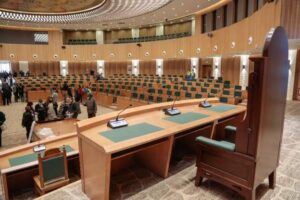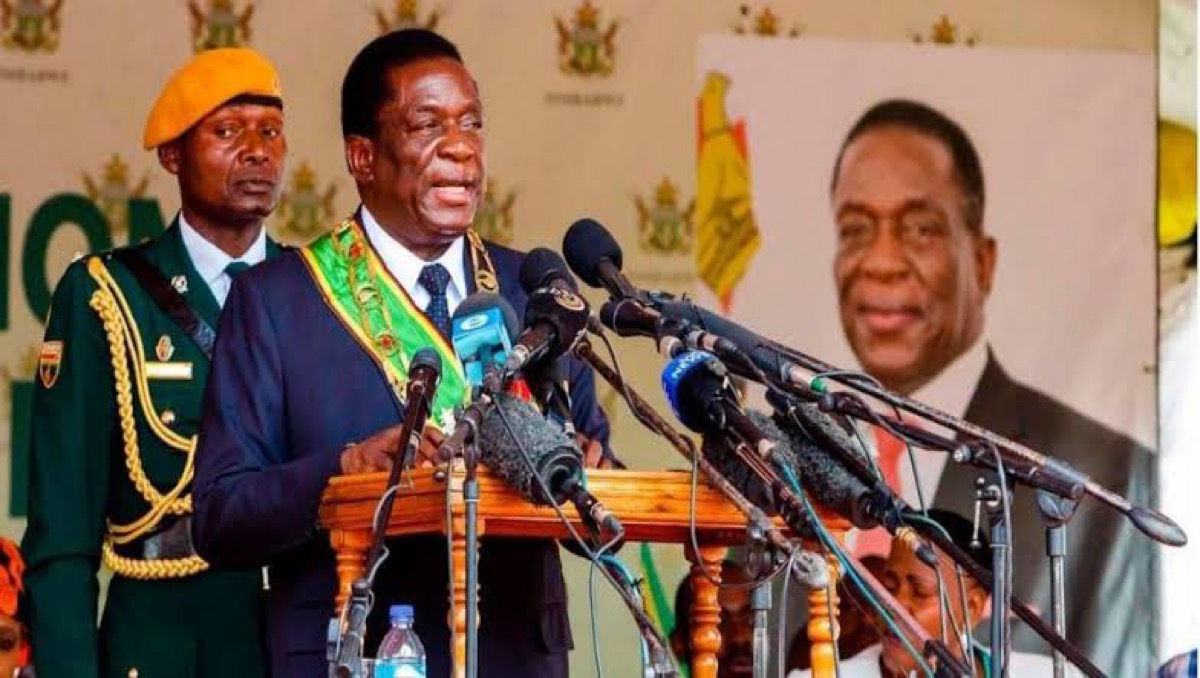Zimbabwe’s Parliament has recently passed a controversial law known as the Criminal Law (Codification and Reform) Amendment Bill, 2022, widely referred to as the Patriotic Bill.
This legislation aims to punish “unpatriotic” citizens, which has raised concerns about the erosion of freedoms in the country. The ruling party Zanu PF used its parliamentary majority to push the bill forward, contradicting President Emmerson Mnangagwa’s previous promises to expand liberties.
According to a Cabinet note issued last year, the bill aims to strengthen the provisions of the Criminal Code related to national sovereignty by criminalizing conduct that undermines the country’s interests.

However, critics argue that the legislation is reminiscent of laws passed during Zimbabwe’s colonial regime and poses a severe threat to freedom of association, assembly, and speech.
Former Finance Minister Tendai Biti expressed his disgust, stating that the law seeks to outlaw the basic rights of citizens. The bill criminalizes any citizen who holds a meeting with a foreign government, effectively restricting their freedom to engage in diplomatic discussions.
Also, read; Bronx Mother Charged with Endangering Child After Death of 6-Year-Old Daughter
The government has defended the bill by drawing a comparison to the US Logan Act, which criminalizes unauthorized citizens negotiating with foreign governments in dispute with America.
However, critics argue that the Zimbabwean legislation goes far beyond the scope of the Logan Act and represents a grave infringement on freedom of speech and association.
This controversial bill follows the Private Voluntary Organisations (PVO) Amendment Bill passed earlier this year, which aims to shut down civil society organizations involved in politics.

These laws are viewed by many as part of a broader crackdown on freedom of expression under President Mnangagwa’s leadership, who came to power in 2017 after a military coup.
Despite initial promises of a new era of democracy, Mnangagwa has faced accusations of being an even greater autocrat than his predecessor, Robert Mugabe.
As the Patriotic Bill awaits final approval by President Mnangagwa, concerns over the shrinking democratic space in Zimbabwe continue to grow. Critics argue that these laws undermine fundamental rights and stifle dissenting voices within the country.

